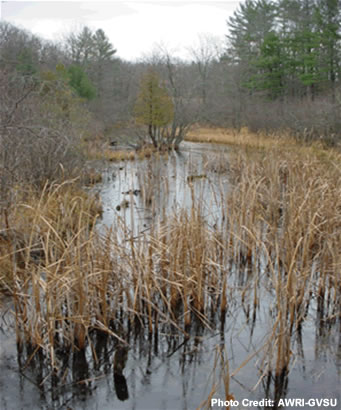Ecosystem Services
What are Ecosystem Services?
Ecosystem services are the direct and indirect benefits that people obtain from ecological systems (Millennium Ecosystem Assessment 2003). Benefits may vary between different systems and many are essential to human existence: e.g., food, water supply and disease regulation help maintain our physical health, and non-material ecosystem services help maintain our psychological well-being.
Ecosystem services fall into four broad categories, depending on their function (Millennium Ecosystem Assessment 2003).
Aesthetic/Amenity
Erosion Control
Food Production
Fish and Wildlife Habitat
Nutrient Cycling
Pollination
Raw Materials
Recreation
Waste Assimilation
Water Regulation
Water Supply
The ecosystem services selected for this project (definitions adapted from de Groot et al. 2002):
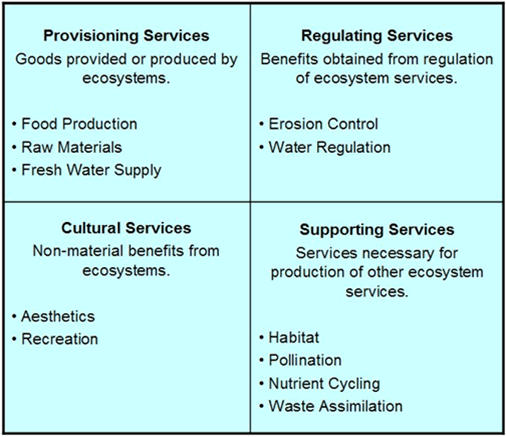

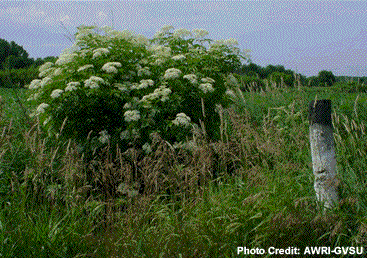
Aesthetic/Amenity: Many people enjoy the scenery of the waterfront, forested, and rural landscapes that make up much of the West Michigan project region. This is evident in our preferences in living and recreating in these aesthetically pleasing environments. As a result, the aesthetic benefit of an area can have a considerable economic impact, such as on real estate prices.
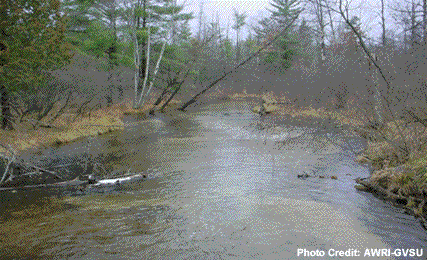
Erosion Control: The erosion control (sometimes referred to as soil retention) ecosystem service depends on the structural aspects of ecosystems, especially vegetation cover and root systems. Plant roots stabilize soil, and foliage intercepts rainfall, which helps prevent compaction and erosion of bare soil, especially along riparian corridors and on steep slopes.
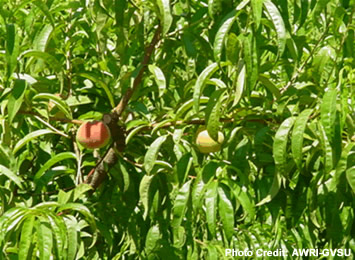
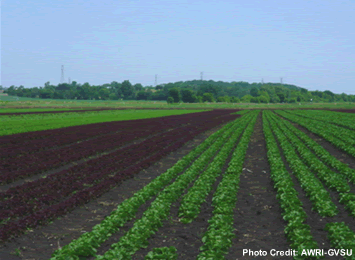
Food Production: The West Michigan project area is a highly productive agricultural region. It produces orchard crops such as apples, peaches, apricots and pears; specialty crops such as wine grapes, berries, asparagus, and celery; and row crops such as soybeans, corn and lettuce. With nearly 40% of the land use in the West Michigan project region being classified as cropland and orchards and specialty crops, this market-based ecosystem service is very important to the region.
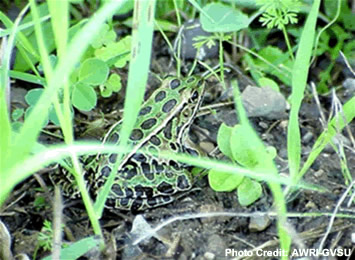
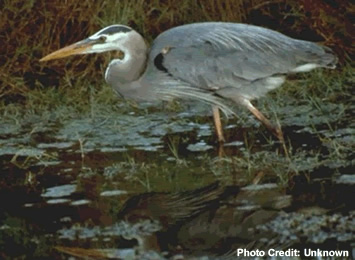
Fish and Wildlife Habitat: Natural - and even human-enhanced - ecosystems provide living, breeding, and nursery space for resident and migratory plant and animal species. These terrestrial and aquatic habitats are essential to the maintenance of biological and genetic diversity specifically within the West Michigan policy region, and more broadly throughout the world.
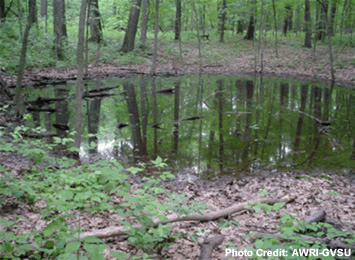
Nutrient Cycling: Life on earth depends on the continuous cycling and recycling of approximately 30-40 of the 90 chemical elements that occur in nature. The most important of these nutrients are carbon, oxygen, hydrogen, nitrogen, sulfur, and phosphorus, but others such as calcium, magnesium, potassium,sodium, chlorine, iron, and zinc are also important to plant, animal and human survival. This ecosystem service is essential to the maintenance of healthy and productive soils, and it is important to regulating ecosystem services such as gas, climate and water regulation. For example, soil organisms decompose organic matter which releases nutrients to local plant growth and to the atmosphere.
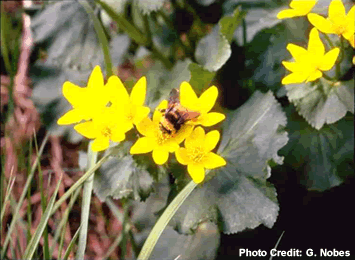
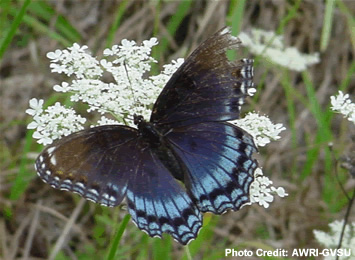
Pollination: This ecosystem service is provided by many wild pollinator species, including insects, birds and bats. Pollination is essential to most plants for reproduction, and without it, many wild plant species would go extinct and cultivation of Michigan's orchards, specialty and row crops would be impossible. Artificial pollination is possible to maintain our current levels of agricultural productivity, but at a much higher cost.
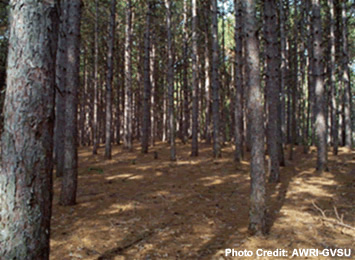
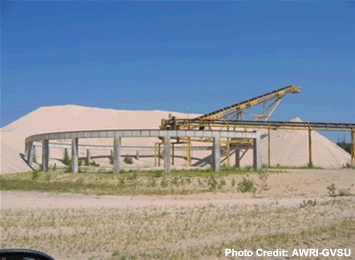
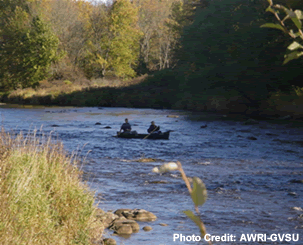
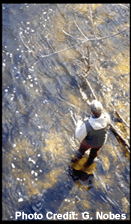

Recreation: Natural ecosystems have an important value as places where people can rest, relax, refresh themselves and recreate. Through aesthetic qualities and a variety of landscapes, the natural environment provides many opportunities for recreational activities, including hiking, boating, camping, hunting, fishing, swimming, and nature viewing. With increasing numbers of people, affluence, and leisure-time, the demand for recreation in natural areas - or 'ecotourism' - is likely to continue to increase.
Waste Assimilation: To a limited extent, natural systems can store and recycle certain amounts of organic and inorganic human waste through dilution, assimilation and chemical re-composition. Forests can filter dust particles from the air, and wetlands and other aquatic ecosystems can treat relatively large amounts of organic wastes from human activities, acting as 'free' water purification plants.
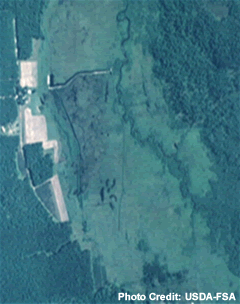
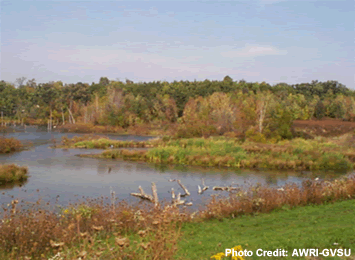
Water Regulation: Water regulation deals with the influence of natural systems on the regulation of hydrological flows at the Earth's surface. This ecosystem service helps maintain a watershed's 'normal' conditions. Water regulation may include the maintenance of natural irrigation and drainage, buffering of extreme river and stream discharges, regulation of channel flow, and provision of a medium for transportation. A regular distribution of water along the surface is quite important, since too little or too much runoff can present serious problems.
Water Supply: This ecosystem service refers to the filtering, retention and storage of water in streams, lakes and aquifers. This retention and storage capacity depends on topography and subsurface characteristics of the involved ecosystem. This ecosystem service includes the consumptive use of water (by households, agriculture, and industry).
